Unhealthy Foods Aren’t Just Bad For You, They May Also Be Addictive was reported by Anahad O’Connor for TheNewYorkTimes.com, 18 February 2021. Food researchers debate whether highly processed foods like potato chips and ice cream are addictive, triggering our brains to overeat.
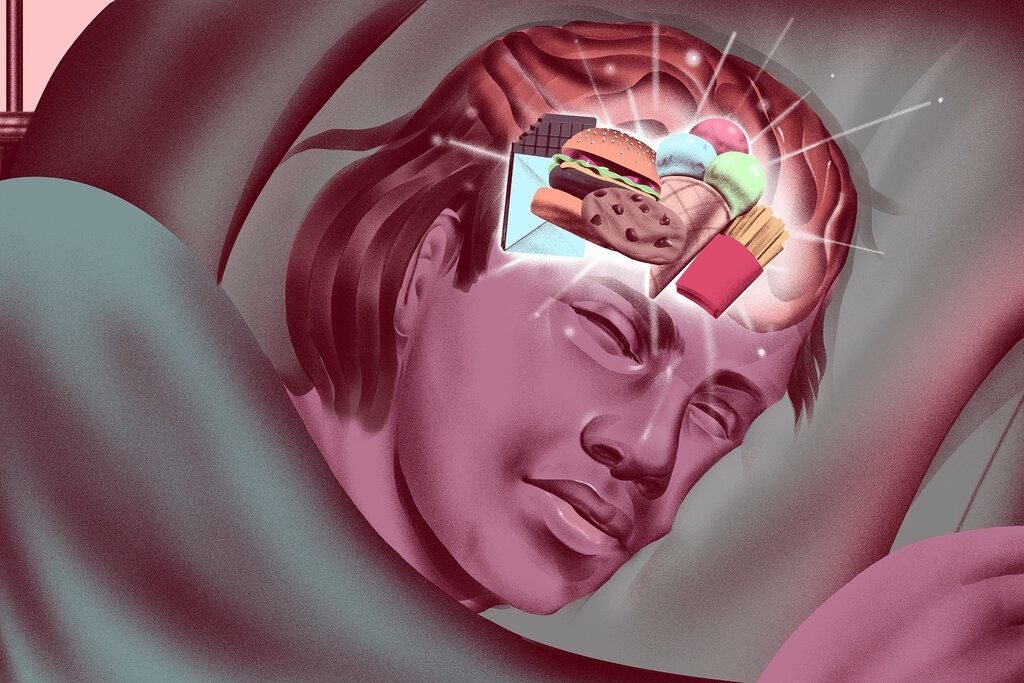 Five years ago, a group of nutrition scientists studied what Americans eat and reached a striking conclusion: More than half of all the calories that the average American consumes comes from ultra-processed foods, which they defined as “industrial formulations” that combine large amounts of sugar, salt, oils, fats and other additives.
Five years ago, a group of nutrition scientists studied what Americans eat and reached a striking conclusion: More than half of all the calories that the average American consumes comes from ultra-processed foods, which they defined as “industrial formulations” that combine large amounts of sugar, salt, oils, fats and other additives.
Highly processed foods continue to dominate the American diet, despite being linked to obesity, heart disease, Type 2 diabetes and other health problems. They are cheap and convenient, and engineered to taste good. They are aggressively marketed by the food industry. But a growing number of scientists say another reason these foods are so heavily consumed is that for many people they are not just tempting but addictive, a notion that has sparked controversy among researchers.
Dr. Gearhardt, a clinical psychologist, helped develop the Yale Food Addiction Scale, a survey that is used to determine whether a person shows signs of addictive behavior toward food. At the top of the list were pizza, chocolate, potato chips, cookies, ice cream, French fries and cheeseburgers. Dr. Gearhardt has found in her research that these highly processed foods share much in common with addictive substances. Like cigarettes and cocaine, their ingredients are derived from naturally occurring plants and foods that are stripped of components that slow their absorption, such as fiber, water and protein. Then their most pleasurable ingredients are refined and processed into products that are rapidly absorbed into the bloodstream, enhancing their ability to light up regions of the brain that regulate reward, emotion and motivation.
Read more: Unhealthy Foods Aren’t Just Bad For You, They May Also Be Addictive
Why Is Health Care Design So Terrible? was written by Dr. Joyce Lee for FastCompany.com, 15 August 2016. While this was written almost 5 years ago, it is still the problem today. Health care consumers pay a lot of money for bad design. It’s time for the device and drug companies to stop.
The EpiPen is a prime example of this. The EpiPen is so badly designed that it’s used as a case study of bad medical device design by human factors design professionals. Due to recalls of other allergy medications, there are no other competitor products. As described in an article from STAT, Mylan, the company that manufactures the medication, has increased prices dramatically. Whereas it used to cost about $100 for two EpiPens, the price has increased to $600 or even $900.
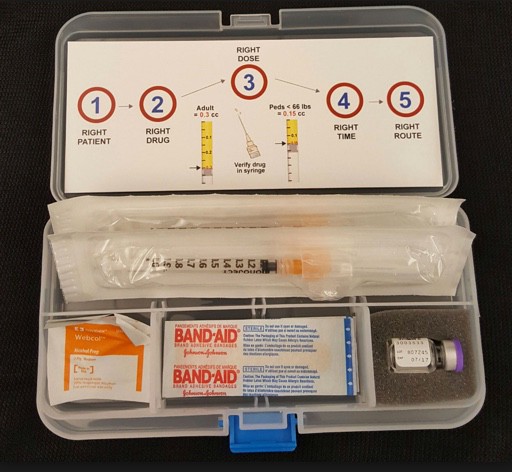 Emergency medical technicians in Washington State can’t even afford to carry standard EpiPens, so they have created their own do-it-yourself epinephrine injection kit. It consists of a vial of epinephrine ($4), and needles ($1). (Yes incredibly, you can buy ampules of epinephrine at a fraction of the cost of an EpiPen, which means that we are paying $600 for a hunk of badly designed plastic.)
Emergency medical technicians in Washington State can’t even afford to carry standard EpiPens, so they have created their own do-it-yourself epinephrine injection kit. It consists of a vial of epinephrine ($4), and needles ($1). (Yes incredibly, you can buy ampules of epinephrine at a fraction of the cost of an EpiPen, which means that we are paying $600 for a hunk of badly designed plastic.)
The irony is that the DIY solution may be the better-designed solution.
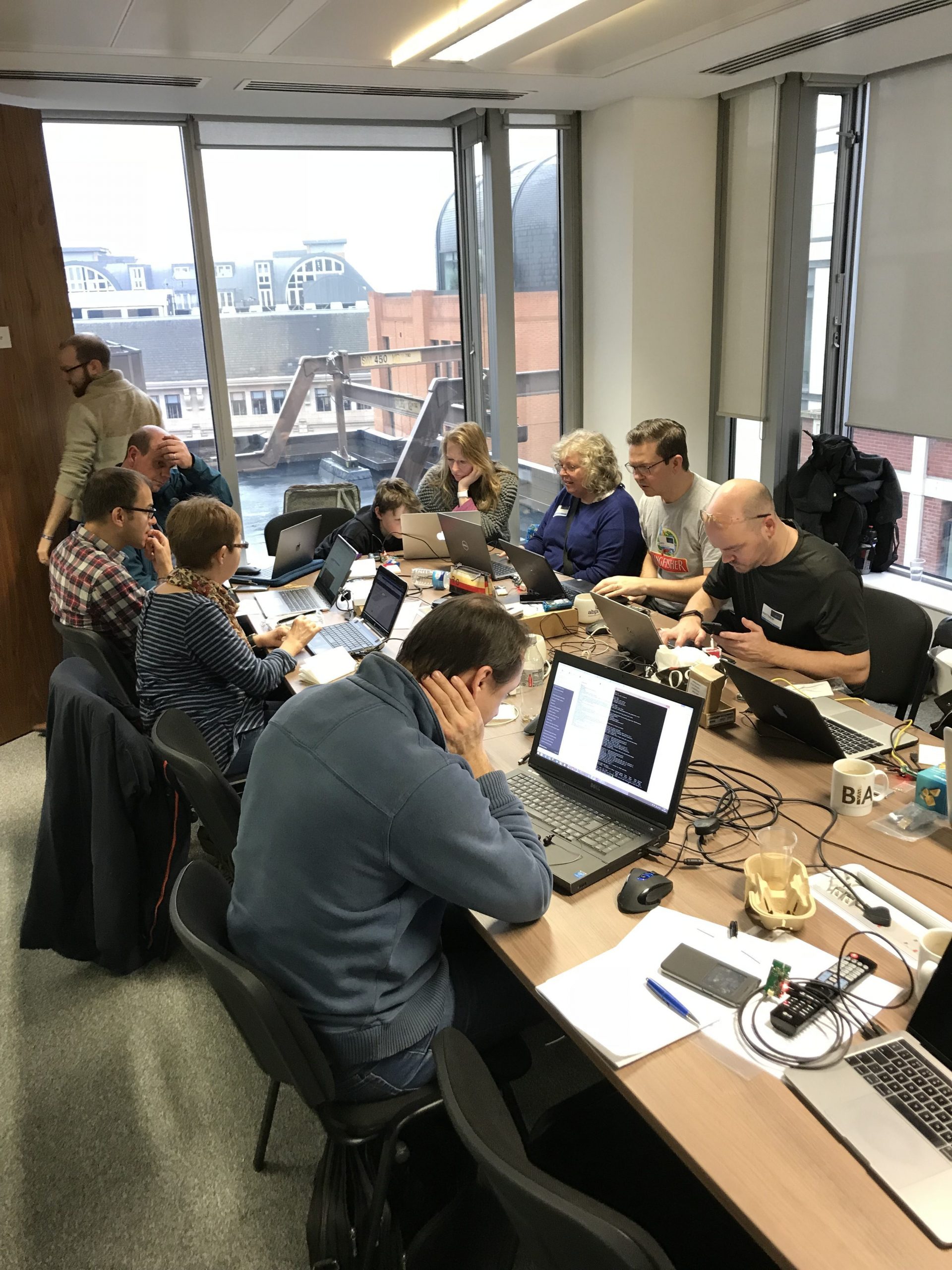 Perhaps food allergy patients and caregivers will have to follow the do-it-yourself model of Nightscout, a DIY mobile technology system for diabetes that was created by patients and caregivers. The community provides support to help individuals create their own DIY medical devices in a variety of ways, including providing the open-source code and instructions online, providing virtual support through Facebook groups, and providing in-person support through DIY “build” parties.
Perhaps food allergy patients and caregivers will have to follow the do-it-yourself model of Nightscout, a DIY mobile technology system for diabetes that was created by patients and caregivers. The community provides support to help individuals create their own DIY medical devices in a variety of ways, including providing the open-source code and instructions online, providing virtual support through Facebook groups, and providing in-person support through DIY “build” parties.
Are “build parties” for DIY epinephrine kits on the horizon for the allergy community? Outlandish prices and the sad lack of innovation are a major #healthcare #design #fail. It is happening not only with EpiPens but also with insulin, Narcan, and a variety of other pharmaceuticals. We pay lots of money for bad design in healthcare. When will device and drug companies create user-centered innovations that actually improve the lives of patients instead of their bottom line?
Read more: Why Is Health Care Design So Terrible?
What to know about the lazy keto diet was discussed by Alissa Palladino for MedicalNewsToday.com, 27 February 2021. The lazy keto diet only requires people to restrict their intake of carbohydrates. Unlike those following the original keto diet, people do not need to include a high proportion of fats in the lazy keto diet.
Someone eating a traditional keto diet would aim to consume macronutrients in the following ratios:
-
- 55–60% fat
- 30–35% protein
- 5–10% carbohydrate
A lazy keto diet only requires someone to limit their carbohydrates to 10% or less of their daily calories. This approach means that a person does not need to track their fat and protein intake.

Read more: What to know about the lazy keto diet
Intimate links between diet, gut microbes, and health identified reported by James Kingsland for MedicalNewsToday.com, 19 January 2021.
An international team of scientists found associations between particular bacterial species and metabolic risk factors for conditions such as diabetes, heart disease, and obesity. They were surprised to discover that the gut microbiota — the community of microorganisms living in our intestines — was more strongly associated with a person’s risk of certain illnesses than their genetics. The research suggests that it could be possible to create an individualized diet that adjusts the community of organisms living in a person’s gut to optimize the person’s health. The team also identified links between the food that people ate and their gut microbiota.
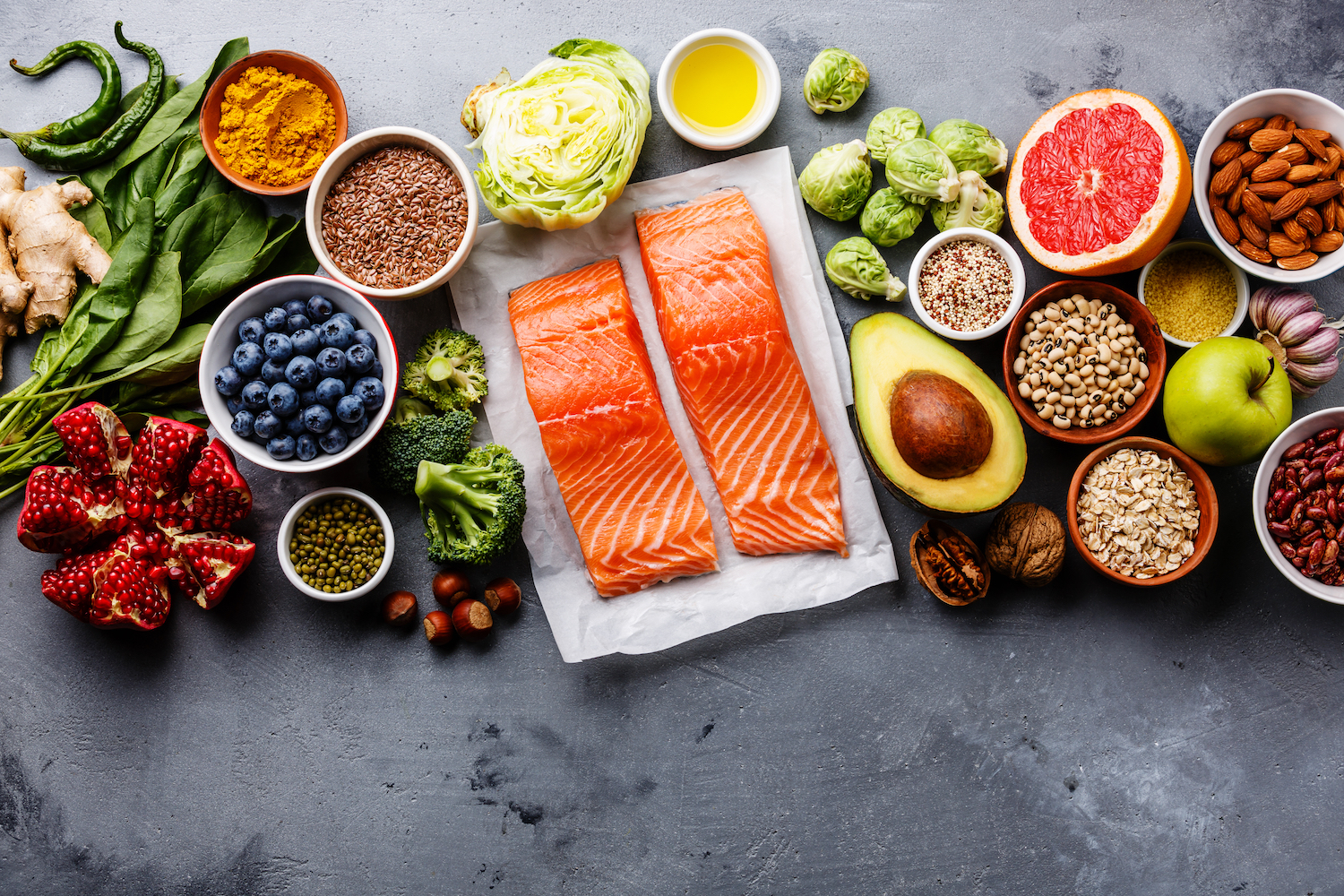 In particular, people who ate a diverse diet that was rich in healthful plant-based foods and healthful animal-based foods, such as oily fish, had high levels of health-promoting, “good” microbes in their gut.
In particular, people who ate a diverse diet that was rich in healthful plant-based foods and healthful animal-based foods, such as oily fish, had high levels of health-promoting, “good” microbes in their gut.
“Given the highly personalized composition of each individual[‘s] microbiome, our research suggests that we may be able to modify our gut microbiome to optimize our health by choosing the best foods for our unique biology,” says Dr. Sarah Berry, a senior lecturer in the Department of Nutritional Sciences at King’s College London in the United Kingdom and one of the study’s authors.
Some of the microbes that the researchers discovered are completely new to science and have yet to be named. The research appears in Nature Medicine.
Read more: Intimate links between diet, gut microbes, and health
There is a boom in smartphone-based apps that “empower you” to manage your diabetes. Here’s one that I came across just this week … with a twist.
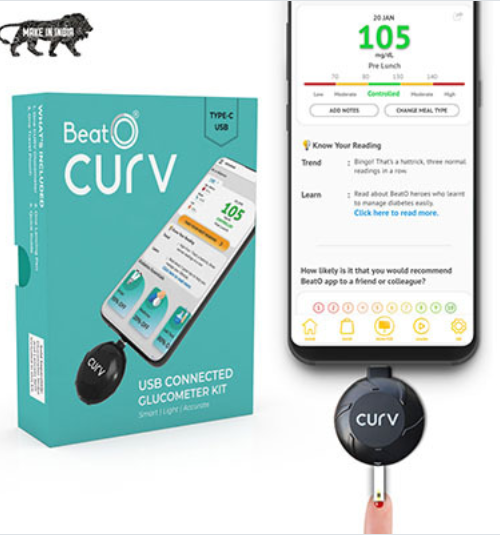 BeatO (BeatOApp.com) includes a small glucometer that attaches to your smartphone, which stores your readings in the Cloud. They claim that their “personalized” insights, based on your health profile and BG trends, will help you make smarter decisions and see/analyze and track your health progress. It includes 24/7 expert medical support, always available to answer your questions (no information about who these experts are or how they are trained). The product in made in India and appears to include information about ayurvedic supplements.
BeatO (BeatOApp.com) includes a small glucometer that attaches to your smartphone, which stores your readings in the Cloud. They claim that their “personalized” insights, based on your health profile and BG trends, will help you make smarter decisions and see/analyze and track your health progress. It includes 24/7 expert medical support, always available to answer your questions (no information about who these experts are or how they are trained). The product in made in India and appears to include information about ayurvedic supplements.
Read more: BeatO


These phone glucometers sort of freak me out. My phone takes a beating and really must be covered in not helpful germs. Maybe it is no worse than a regular meter, but I keep that in a drawer most of the time, not riding around in car.
I so totally agree. I had tried Dario, which has a plug in meter … wasn’t a big fan.